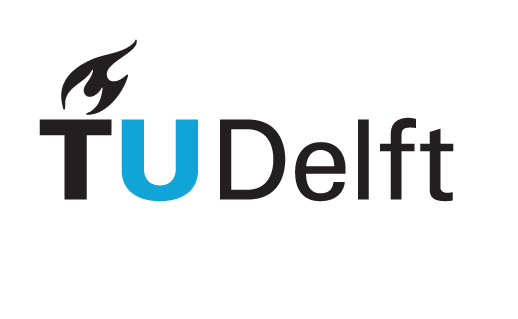Exploratory Computing with Python#
Developed by Mark Bakker
Lots of books are written on scientific computing, but very few deal with the much more common exploratory computing (a term coined by Fernando Perez), which represents daily tasks of many scientists and engineers that try to solve problems but are not computer scientists. This set of Notebooks is written for scientists and engineers who want to use Python programming for exploratory computing, scripting, data analysis, and visualization. Python makes many of these programming tasks quick, easy, and, probably most importantly, fun.
No prior knowledge of computer programming is assumed. Each page is based on a Jupyter Notebook, which covers a specific topic and includes a number of exercises. The exercises should take less than 4 hours to complete for each page. Answers to the exercises are given at the end of the page.
Notebook topics and accompanying videos#
Notebook 1: Basics and Plotting \(-\) Video
Notebook 2: Arrays \(-\) Video
Notebook 3: For loops and If/Else statements – Video
Notebook 4: Functions \(-\) Video
Notebook 5: Finding the Zeros of a Function
Notebook 6 Systems of linear equations
Notebook 7: Bugs
Notebook 8: Pandas and Time Series \(-\) Video
Notebook 9: Discrete Random Variables \(-\) Video
Notebook 10: Continuous Random Variables \(-\) Video
Notebook 11: Distribution of the Mean and Hypothesis Tests Theorem \(-\) Video (Python 2)
Notebook 12: Object oriented programming \(-\) Video (Python 2)
Notebook 13: Regression I
Test 1: For Notebooks 1-4
Interactive Jupyter Notebooks#
This course is powered by the sphinx-thebe extension allowing you to run Python code in your browser. You can access this tool in any Notebook by clicking in the rocket icon () at the top right of the page.
You can also download the notebooks directly from the website or from the GitHub Repository to run them with a local Python environment on your computer (e.g., Anaconda).
This book is based almost entirely on material from the online resource Exploratory computing with Python by Mark Bakker (repository, website), which are provided under a Creative Commons Attribution 4.0 International License. All modifications made on this website are also provided under a Creative Commons Attribution 4.0 International License.

